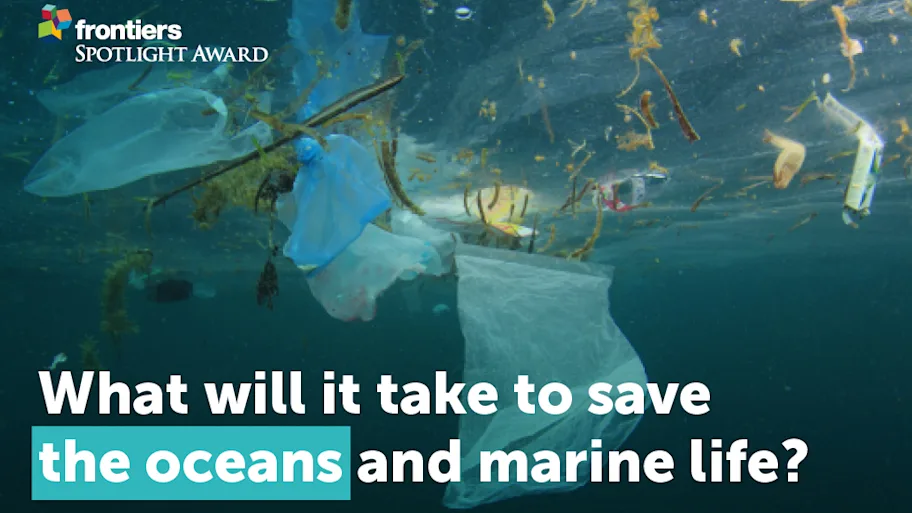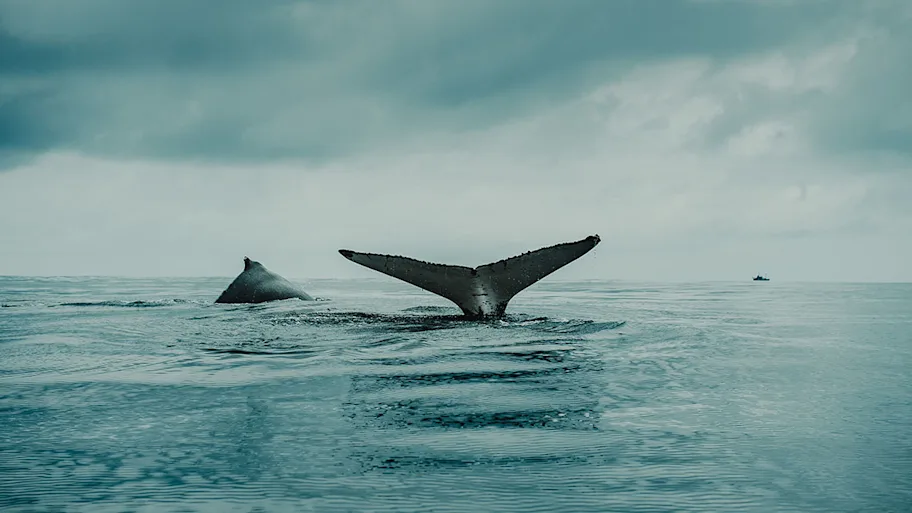
- Science news
- Environment
- Open Science for the Oceans of Tomorrow
Open Science for the Oceans of Tomorrow

Photo courtesy of AZTI-Tecnalia, Spain.
Oceans are the engines of our planet and open-science is improving communication between scientists and policy makers for their sustainable future use.
–By Brittany Alexander
The ocean provides us with billions of dollars in services including fisheries – a vital source of food and nutrition – renewable energy, oil and gas, tourism, transport, new medicines, industrial enzymes and recreation. But climate change, pollution and the over exploitation of resources are devastating the health of our oceans. That’s why there is an increasing policy emphasis on a ‘Blue Economy’ – a focus on the conservation and sustainable management of the ocean based on the premise that healthy ecosystems better support sustainable ocean based economies.
Despite this emphasis on Blue Growth, marine ecosystems are vulnerable, complex, and exist across transnational boundaries meaning that their sustainable use is only possible through well informed laws and management practices that should be made based on robust science. Policy makers and stakeholders must have access to the most up-to-date research when deciding how to best manage the marine environment.
To address these needs, a multinational and multidisciplinary team of 295 scientists from 23 institutes and 15 countries joined forces between 2012 and 2016 in the EU funded DEVOTES project ‘DEVelopment Of innovative Tools for understanding marine biodiversity and assessing good Environmental Status’, under the Framework Programme ‘The Ocean of Tomorrow’.
The results of this project, and other projects developing tools to improve marine management, are published in the Frontiers in Marine Science e-book ‘Bridging the Gap between Policy and Science in Assessing the Health Status of Marine Ecosystems’ with an editorial team led by Dr. Angel Borja, Principal Investigator at AZTI, Spain and DEVOTES project coordinator. “Science is only valuable once it has been successfully communicated and disseminated to those who will put it into practice”, Borja says, “and this e-book is publicly available for all to use e.g. scientists, policy makers, educators, industry, environmental managers, and the society”.
The research presented expands our understanding on how human activities and climate change affect marine ecosystems and their ability to support the demands of human society. Highlights include a new software (DEVOTool) containing a catalogue of more than 600 environmental indicators, and the ‘Nested Environmental status Assessment Tool’ (NEAT). Scientists and managers can use this to assess the health of European seas in a holistic way for the first time by defining where human activities are making an impact.
“Despite high quality scientific outputs, sometimes it is difficult to bridge the gap between science and policy because scientists and policy-makers speak different languages and have different needs” explains Dr. Borja. “This project has made efforts to rapidly provide results that are available for policy-makers to implement into legislation (e.g. the EU Marine Strategy Framework Directive), that are adapted to their needs, and are cost-efficient. Finally, by making all the findings of the project open-access, any person in the world can benefit from the public’s investment in open-access research”.






